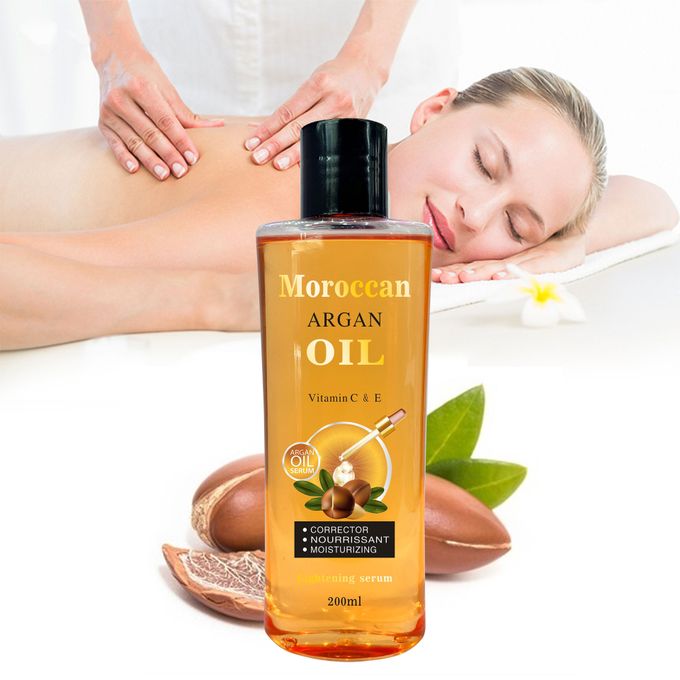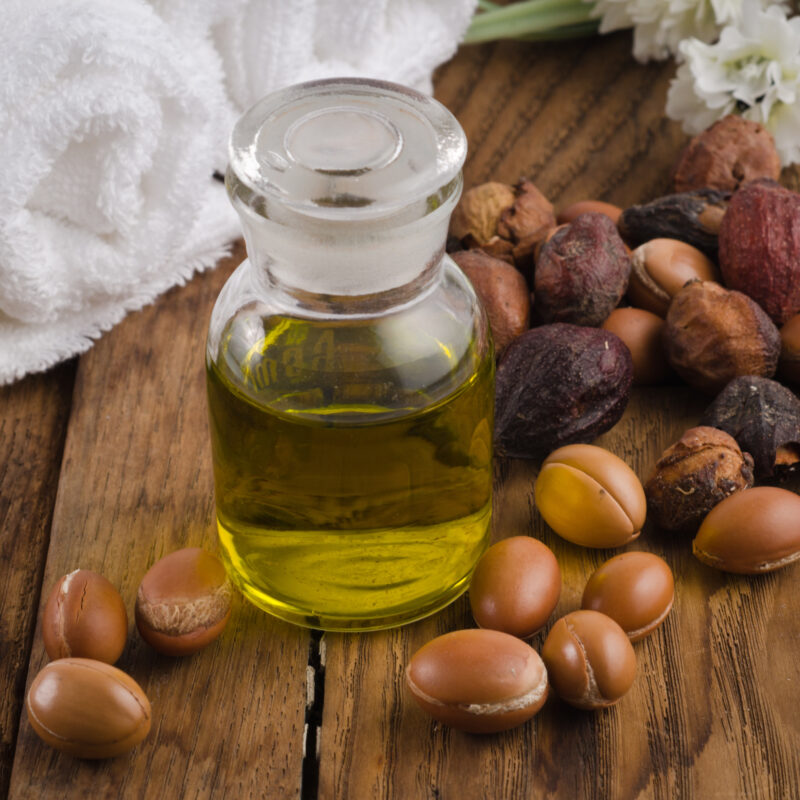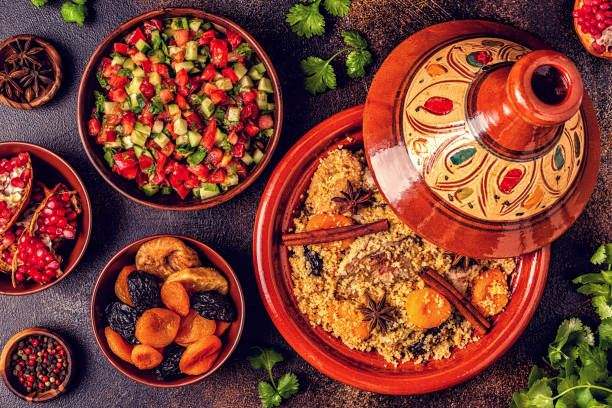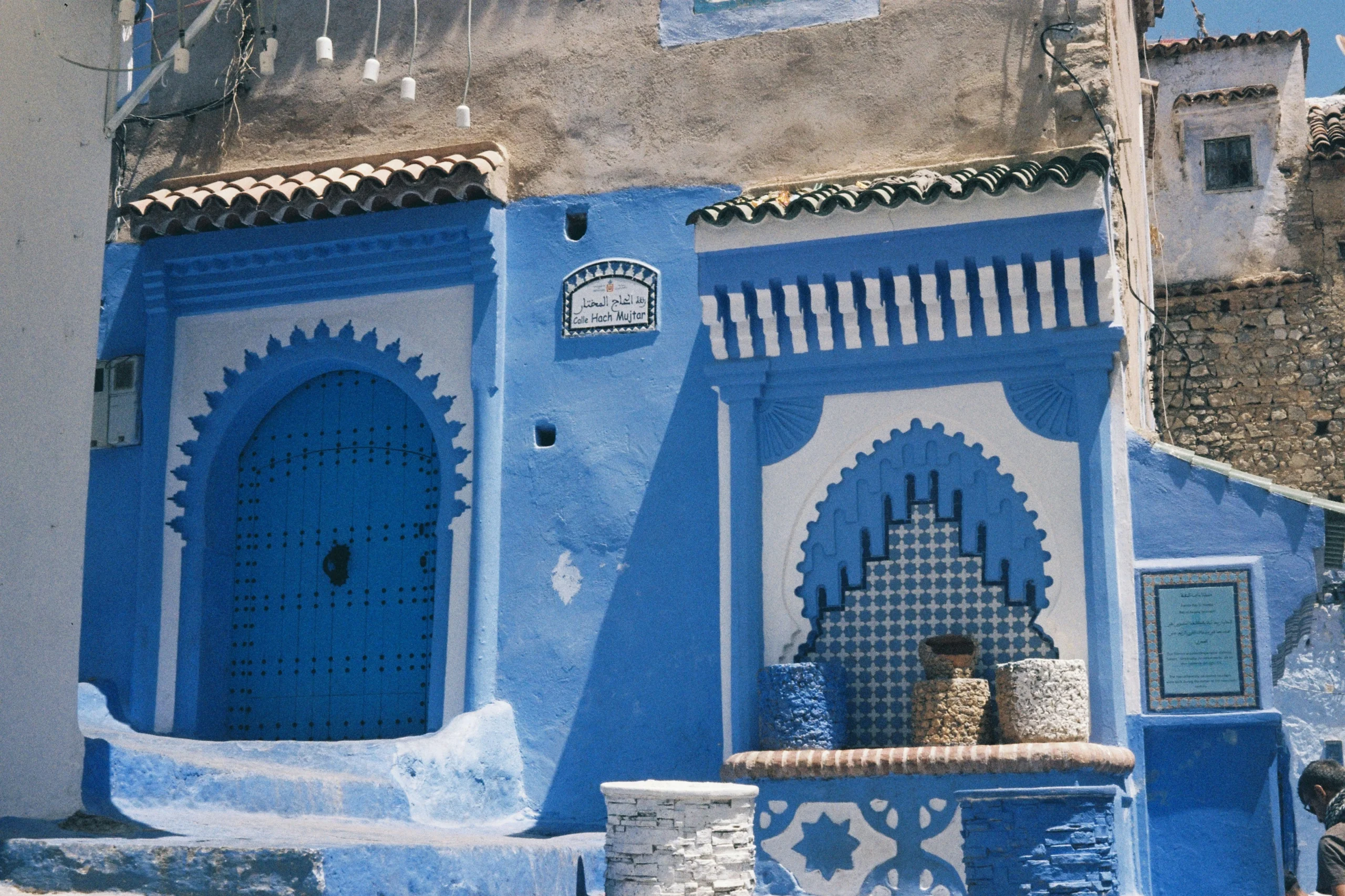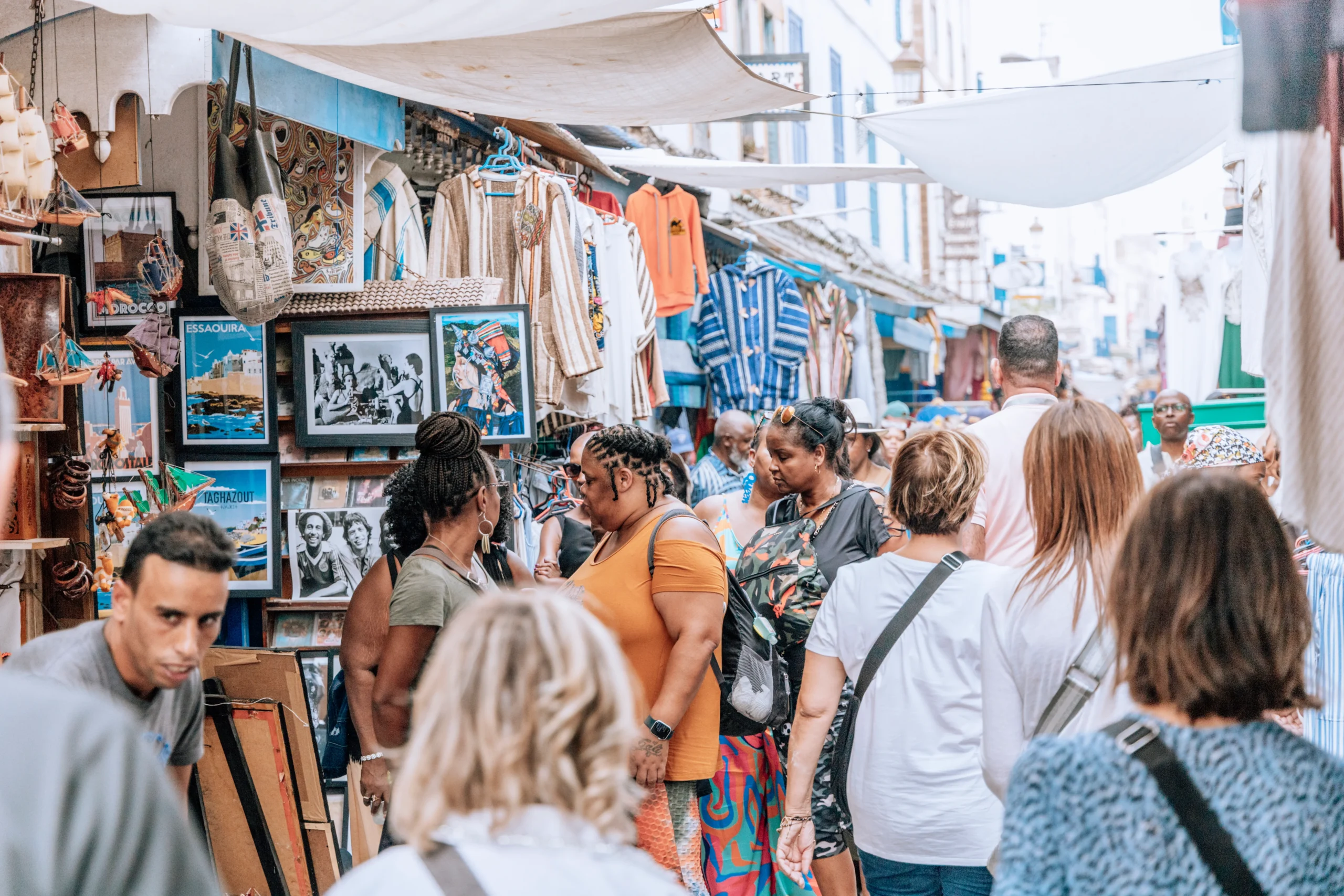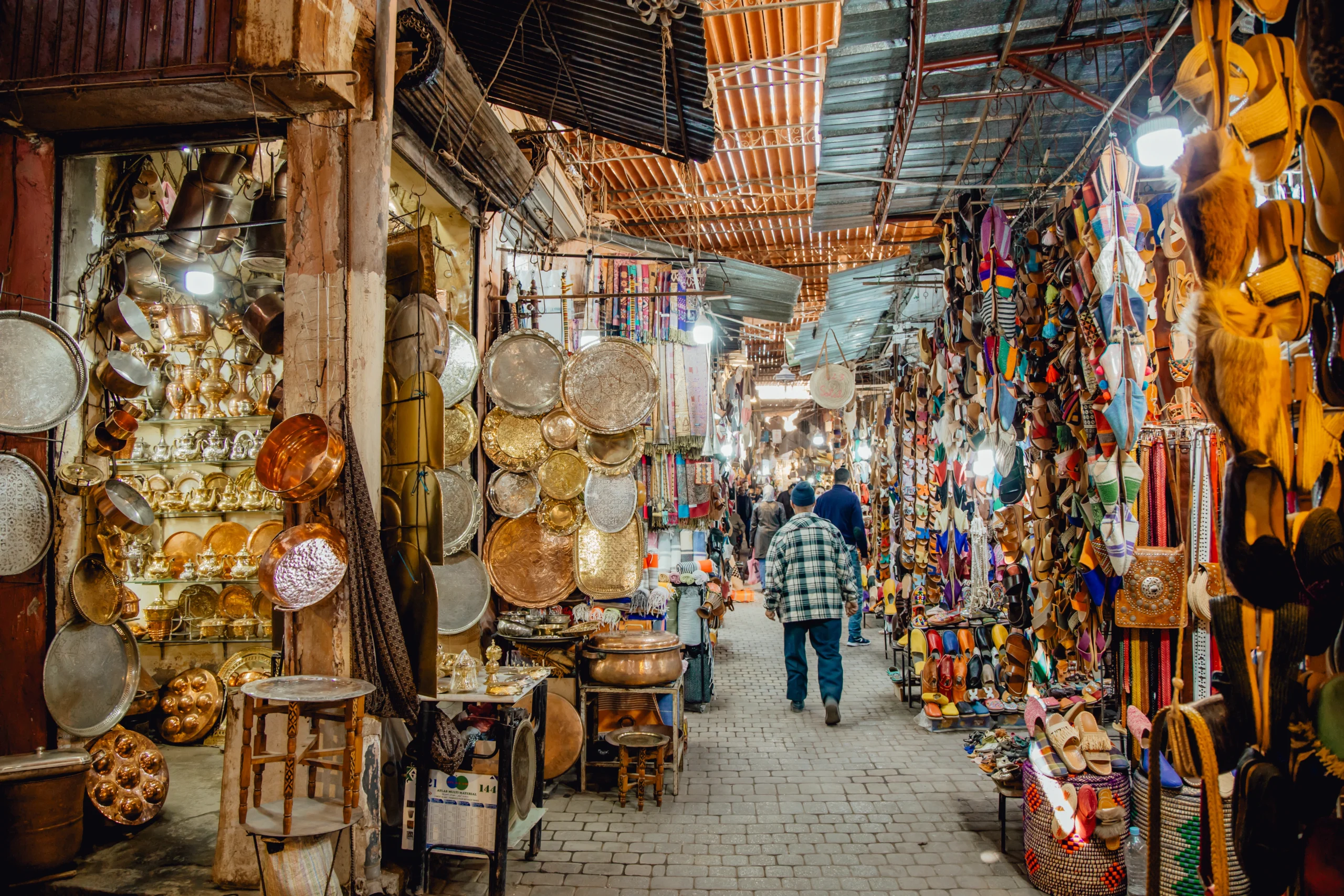Argan Oil: The Moroccan Beauty Secret You Need to Know
The argan tree (Argania spinosa L. Skeels), native only to Morocco, is the most fascinating and important plant in all of North Africa.
Argan oil, the highest-quality vegetable oil, is one of the most costly cooking oils you can buy. The argan tree is native to the southwest region of Morocco, and its fruits are harvested for oil production.
Argan oil has been used for centuries to heal skin problems and as a cardiovascular protector. It has a mild nutty flavor and is highly prized for the many ways it may improve one’s appearance and health.
Argan Oil: The Moroccan Beauty Secret You Need to Know
Argan Oil: The Moroccan Beauty Secret You Need to Know
1 . Preparation of Argan Oil
Traditional argan oil production depends on precise and quality testing of argan nuts. Farmers collect and sift argan nuts, which naturally drop from trees in the summer and are often surrounded by extensive thorny vegetation. Since this is an activity that can be done manually, many Moroccans find employment in the field every year. In order to get the nuts to the settlements where they can be processed, the harvesters must travel across rough terrain, often with the aid of donkeys.
Typically, the women do the processing. They discard everything save the central solid that still contains the fruit. When removing the center, women always use a real stone. The unneeded objects in extracting oil are utilized either as fodder for goats or as flammable stuff. The seed is round and flat. So it’s another name for it is seed blade.
The employees use a crude stone or metal mill they fashioned themselves to grind the Argan nuts. The workers next add water to the oats to make porridge, which they stir continuously. Then, little dribbles of oil start to show up. Argan oil is the most expensive kind of oil since it takes 30 kilos of Argan nuts and two days of effort to extract one liter of pure Argan oil.
Farmers in Morocco may support their family by continuing the age-old practice of making argan oil. Several groups claim that this age-old method of extracting argan oil from Moroccan plants is still in use today.
Meanwhile, technological advancement in Morocco ushered in a new age of argan oil production. With the aid of machinery, you can extract considerably more oil, quicker and cheaply. Investors are flocking to the appropriate regions of Morocco to enhance this sector and increase output in response to rising demand for argan oil.
2. Argan oil contents
Argan oil has a high concentration of beneficial components. It has 20% saturated fat and 80% unsaturated fat in its chemical make-up. The oil is rich in vitamin E, an antioxidant that has several health benefits. Vitamin E has been shown to have beneficial effects on health. This vitamin protects against oxidative stress, cancer, and cardiovascular disease.
Calories and Nutritional Values of Argan Oil
100 g of argan oil contains, on average:
Calories | 900 Kcal |
Fat | 100 g |
Saturated fatty acids | 19 g |
Saturated fatty acids | 81 g |
Monounsaturated fatty acids | 47 g |
Polyunsaturated fatty acids | 34 g |
Cholesterol | 0 mg |
Sodium | 0 mg |
Carbohydrates | 0 mg |
Dietary fiber | 0 mg |
Sugar | 0 mg |
Protein | 0 mg |
Smoke formation temperature | 180 ° C |
2. Why Use Argan Oil?
Argan oil has multiple nourishing effects on hair and skin because of its unusually high content of antioxidants, tocopherols (vitamin E), and important fatty acids including oleic acid and linoleic acid.
Our Argan oil infused products make it convenient and enjoyable to take use of these glow-inducing benefits.
Advantages and applications of argan oil
Argan oil has multiple uses, especially in the fields of medicine and cosmetics. It provides a stimulating impact, protects cells from harm, and boosts the immune system because to its antioxidant properties. The oil’s composition and uncommon, precious ingredients are what make it so effective in healing the body as a whole. It also aids in lowering the possibility of contracting potentially fatal infections. It’s hardly surprise that scientists are interested in learning more about the advantages of argan oil. Many promising studies, including ones on cholesterol levels, have been published while they are still in the research phase. The potential of argan oil as a cancer preventative is the subject of ongoing study.
In terms of cosmetics, argan oil has numerous favorable benefits on hair, skin, acne, and much more.
Argan oil for hair
Hair that is damaged and fragile requires special treatment. The hair will lose its flexibility and moisture after being dried, straightened, or exposed to light. Hair elasticity is enhanced by using argan oil. It repairs previous hair damage and protects against future harm. The argan oil ingredient works by penetrating the hair shaft to provide continuous moisture.
It has a clear benefit over other oils since it does not cling to or weigh down the hair. The benefits of argan oil extend to the scalp. In this particular setting, the fact that it improves circulation is also crucial. Argan oil also prevents premature hair loss and stimulates the development of new hair.
Argan oil for face
Argan oil has balancing effects on the skin. It’s effective for both oily and dry skin types. Because of this, argan oil is fantastic for use on the face.
Argan oil’s various benefits make it a perfect partner in your pursuit of face health and beauty. It does more than only fight wrinkles and loose skin; it also aggressively combats acne and other skin flaws. Furthermore, the oil improves the skin’s circulation, which in turn improves the skin’s appearance. The outcome is skin that is smoother, more energized, and more rejuvenated on the face.
Argan oil for acne
When massaged into the skin, argan oil provides a high concentration of vitamin E. Dermatologists acknowledge that numerous skin disorders may be cured utilizing this beneficial oil. Argan oil’s antibacterial and disinfecting properties make it ideal for treating acne and other skin inflammations topically.
The skin might be damaged by many different items. So, we shouldn’t apply them to any open wounds. However, we can include argan oil into our regular skincare routine, not just have it on hand for emergencies. It is advised for acne therapy throughout adolescence since it helps keep hormone levels stable.
Utilization of argan oil in cosmetics
In recent years, there has been a big expansion in the variety of products that include argan oil. Products that reduce the appearance of wrinkles are quite popular. Up until very recently, only a select few individuals and geographic areas were aware of the benefits of argan. Argan oil may be found as an ingredient in a wide range of cosmetics on the market today. In addition to that, they claim to have anti-aging properties.
Utilization of argan oil in cooking
Argan seeds are toasted in order to extract their oil, which is then used in cooking. The oil will have a golden hue and a distinct nutty taste once it has been roasted. This oil, like other vegetable oils, has a high calorie content; the equivalent of 100 milliliters (ml) of it has 828 calories.
When it comes to food preparation, we use argan oil to season salads, dishes of vegetables, and cereals. In addition to that, grilled meat, vegetables, and fish are sprinkled over it so that it has a wonderful aroma and flavor.
Conclusion
The benefits of argan oil are many, since it has components that are important to human health. It is effective in treating and improving the health of patients suffering from a wide variety of interior and exterior ailments. Once you have been to Morocco, you will, without a doubt, decide to get some argan oil on your own.
FAQs : Argan Oil: The Moroccan Beauty Secret You Need to Know
Q1: What is Argan Oil, and where does it come from?
A1: Argan Oil is a natural beauty elixir derived from the kernels of the Argan tree, native to Morocco. The oil is extracted through a labor-intensive process and is renowned for its numerous skincare and culinary benefits.
Q2: What are the skincare benefits of Argan Oil?
A2: Argan Oil is a potent moisturizer with anti-aging properties. It nourishes the skin, reduces fine lines, and promotes a radiant complexion. Its high vitamin E content makes it a skincare essential.
Q3: Can Argan Oil be used for hair care?
A3: Absolutely! Argan Oil is fantastic for hair. It nourishes and hydrates hair, adds shine, and helps manage frizz. Incorporating it into your hair care routine can lead to lustrous and healthy locks.
Q4: Is Argan Oil used in Moroccan cuisine?
A4: Yes, Argan Oil is a staple in Moroccan cuisine. It adds a unique nutty flavor to dishes. It’s commonly used in salads, couscous, and even drizzled over bread. The culinary uses are diverse and delicious.
Q5: Are there any ethical considerations in Argan Oil production?
A5: Yes, ethical practices are crucial in Argan Oil production. Many reputable producers follow fair trade principles, ensuring that local communities benefit from the industry. Look for products that support sustainability and ethical sourcing.
Q6: Can I use Argan Oil if I have sensitive skin?
A6: Argan Oil is generally well-tolerated, even by sensitive skin. However, it’s advisable to perform a patch test before widespread use. If you have specific concerns, consult with a skincare professional.
Q7: Where can I purchase authentic Argan Oil?
A7: Authentic Argan Oil is available in reputable beauty stores, online platforms, and directly from Moroccan markets. Ensure the product is labeled as 100% pure and consider purchasing from trusted sources.
Q8: How can I incorporate Argan Oil into my beauty routine?
A8: For skincare, apply a few drops to clean, damp skin. For hair care, massage into the scalp or use as a hair mask. Additionally, you can add a drop or two to your regular moisturizer or conditioner.
Q9: Does Argan Oil have a shelf life?
A9: Yes, Argan Oil has a shelf life of about 6–12 months. To prolong its freshness, store it in a cool, dark place away from direct sunlight. Ensure the container is airtight.
Q10: Can Argan Oil be used during pregnancy?
A10: Argan Oil is generally safe to use during pregnancy. However, it’s advisable to consult with a healthcare professional for personalized advice.

